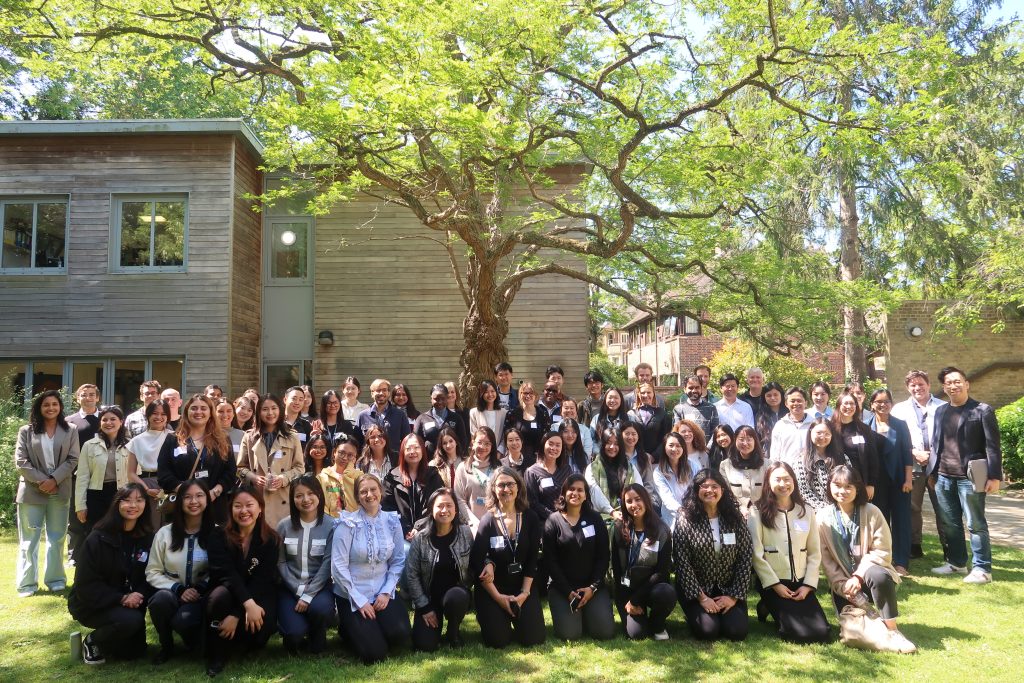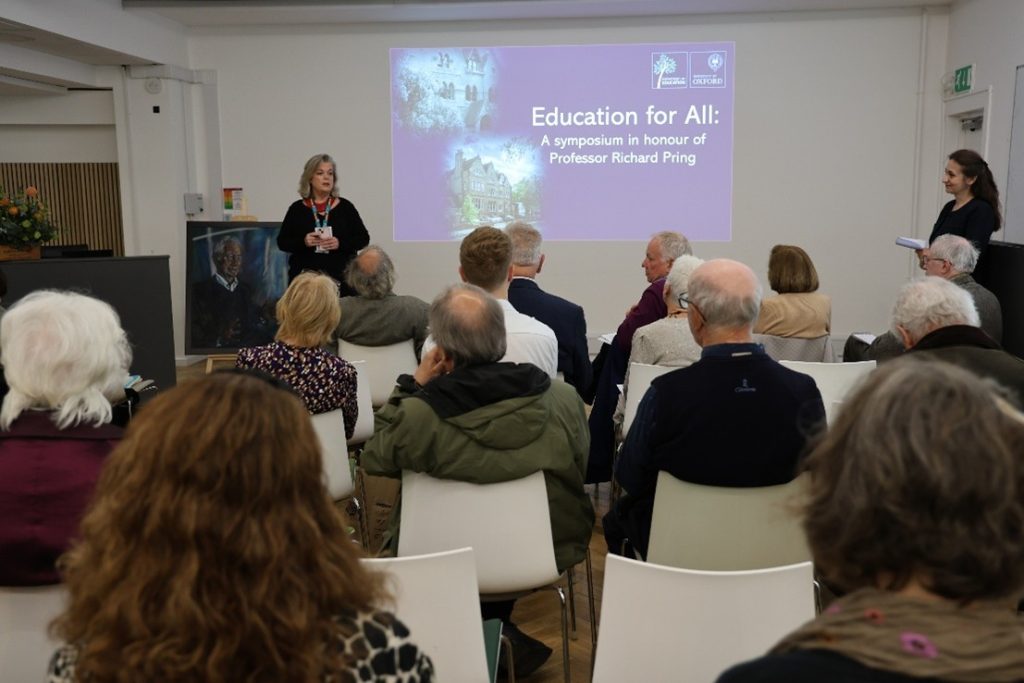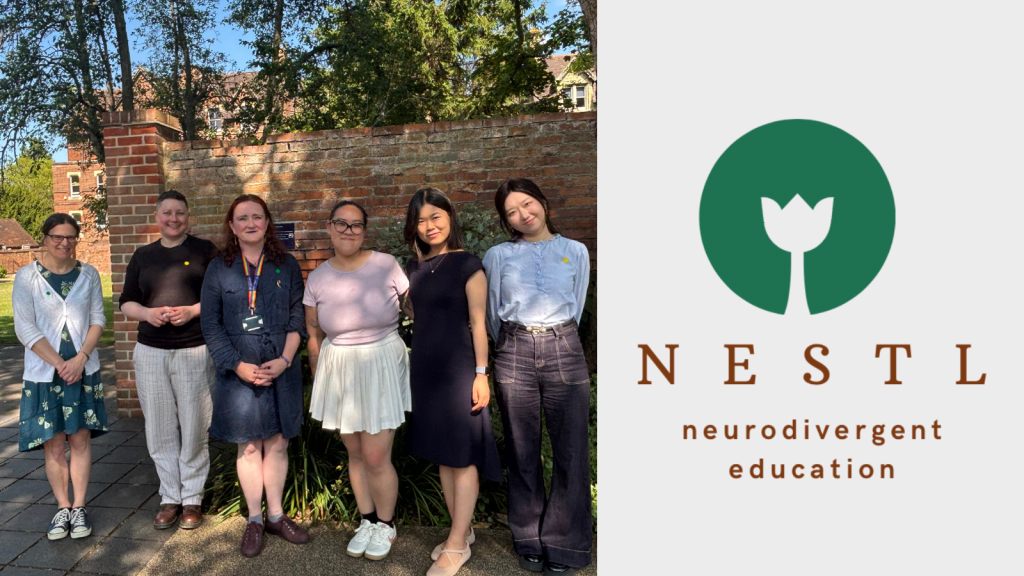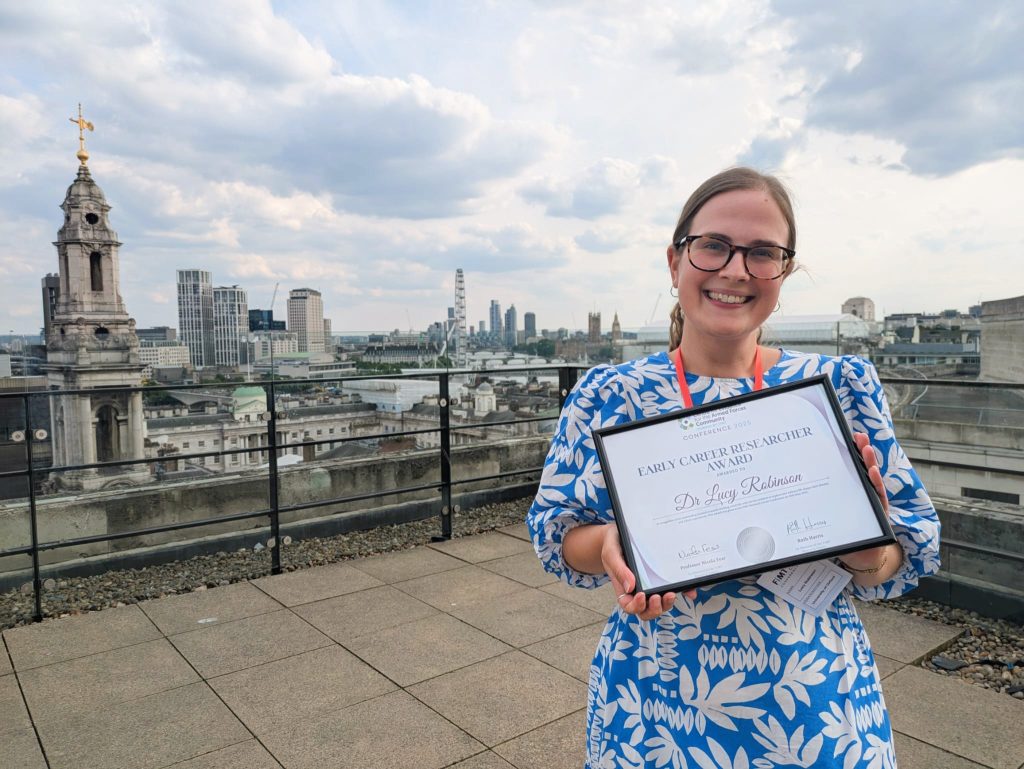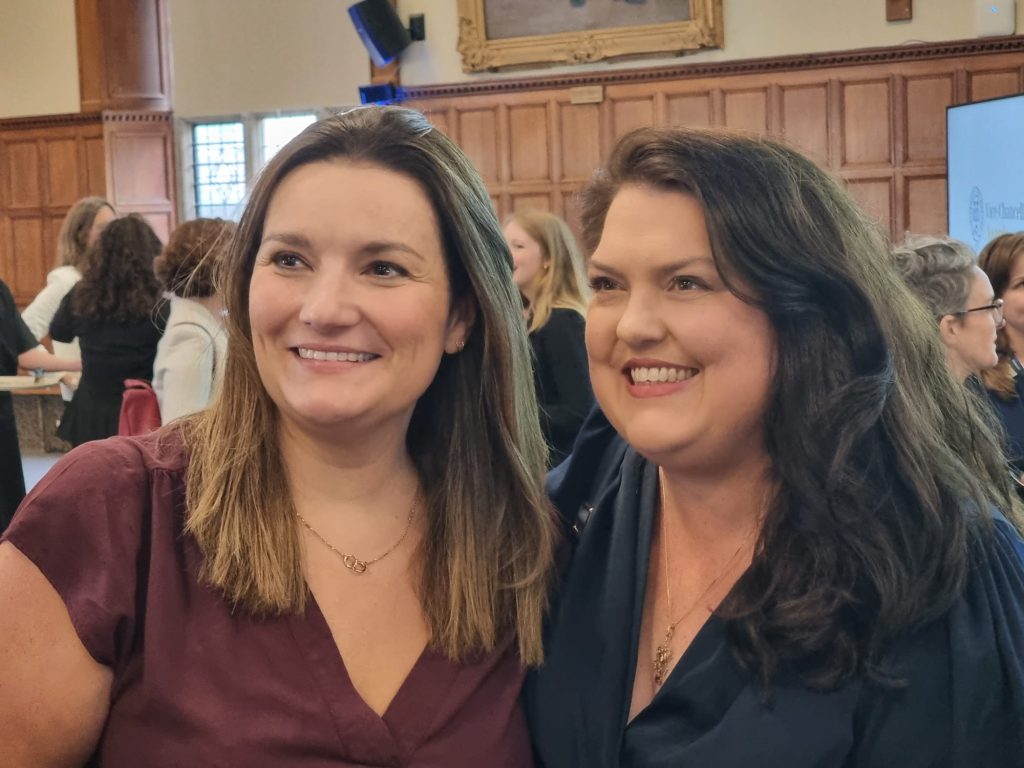News
New DPhil Scholarship Established in Memory of Professor Richard Pring
July 3, 2025
News
Professor Rachel Brooks awarded prestigious Churchill Fellowship
June 30, 2025
News
New Report Calls for Ethical and Effective Information Use About Children to Improve Lives
June 26, 2025
News
Neurodivergent-Inclusive Teaching Toolkit Launched
June 24, 2025
News
Department success in Teaching Excellence Awards
June 17, 2025
News
Pride Month: LGBTQ+ Research Spotlight
June 6, 2025
Blog
Oxford Cambridge Exchange fuels support network and collaborations among students
June 5, 2025
News
Department marks World Environment Day with webinar on integrated environmental teaching
June 4, 2025
News
Dr Lucy Robinson Receives Early Career Researcher Award
May 23, 2025
Blog
Why relationships matter in teaching?
May 20, 2025
Blog
The importance of relationships beyond care
May 20, 2025
News
Department of Education success in Vice-Chancellor’s Awards
May 16, 2025

